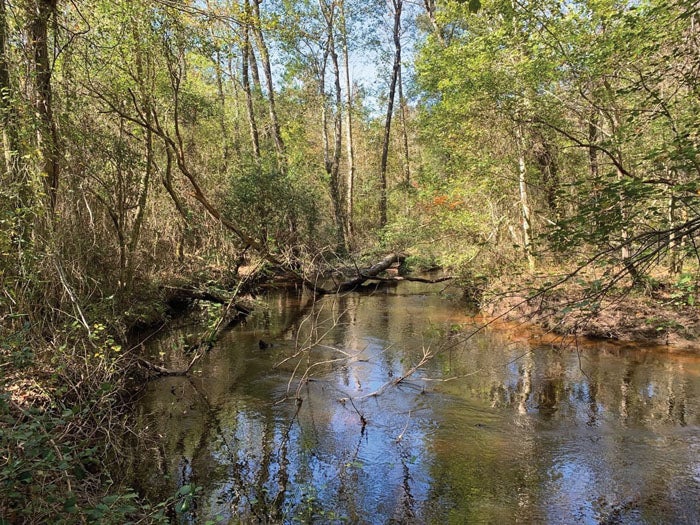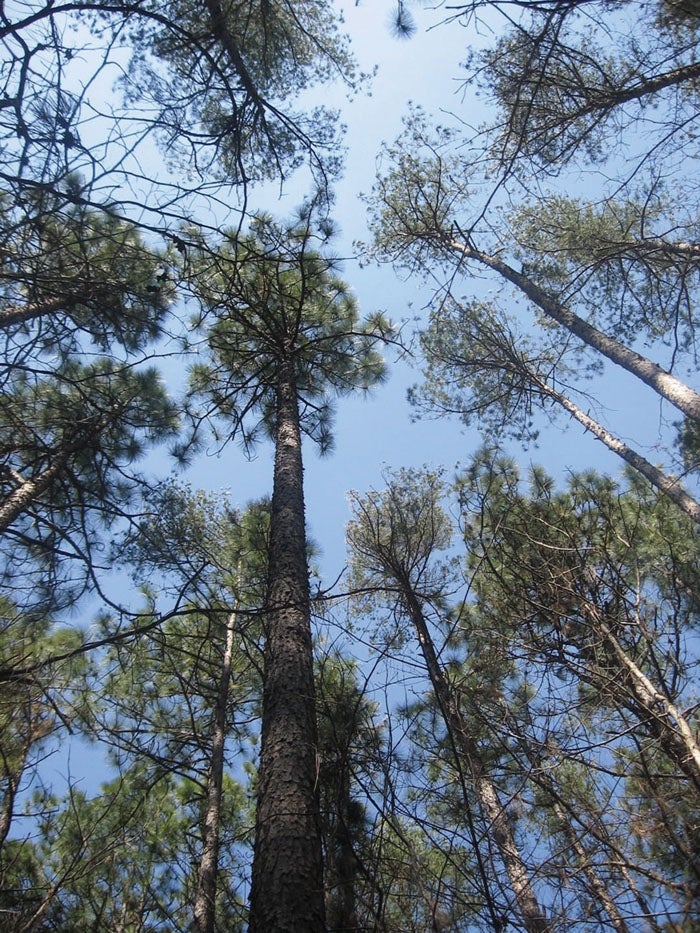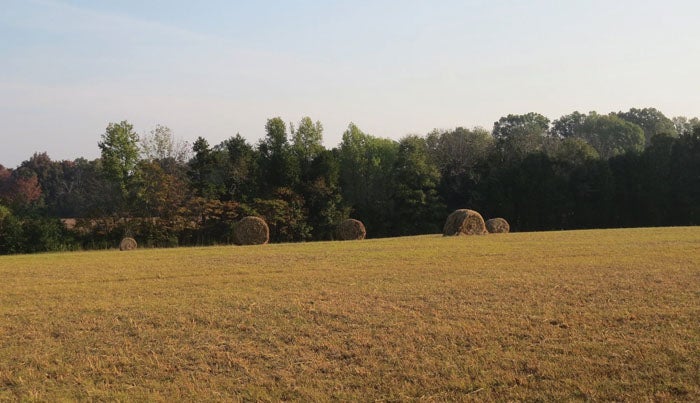Land Trust surpasses goal for the year
Published 12:00 am Wednesday, December 25, 2019
In the past week the Three Rivers Land Trust has closed on three projects totaling 367 acres across the 15 counties the Trust serves.
“With these project closings Three Rivers Land Trust exceeded our goal to conserve 4,000 acres in 2019” says Executive Director Travis Morehead. This achievement was made possible through the financial support of Land Trust’s members and conservation partners.
The first property is a 240-acre tract in Montgomery County that adjoins The Nature Conservancy’s Black Ankle Bog preserve. This property has three tributaries that feed to Suggs Creek, which joins Little River just south of the property. This section of Little River is designated as High Quality Water by the State of North Carolina as a result of the clean water and several species of rare mussel found here.
This project was completed through funding from the North Carolina Clean Water Management Trust Fund and the Enviva Forest Conservation Fund administered by the U.S. Endowment for Forestry and Communities. The landowner also donated an easement on a portion of the property.
This site has a variety of rare plants, including yellow pitcher plants and a county record occurrence of crested fringed orchid. A portion of the property possesses native longleaf pines and another section is a restored longleaf pine forest. The donated easement will allow the landowner to remove nonnative loblolly pines from the site and enhance the longleaf and hardwood habitat found on the property.
“Three Rivers Land Trust prides itself on working with landowners to conserve special natural areas,” says Director of Conservation Crystal Cockman. “This property not only protects rare plants and high water quality, but provides an important expansion to existing conservation lands and as a result protects wildlife habitat on a larger scale.”
The second property is located on Drowning Creek and is also designated as High Quality Water by the State of North Carolina. The Pinewood Darter, a rare species, is found within its waters and the property is located within the Upper Drowning Creek Swamp Forest, a designated natural area (an area of land or water important for the conservation of the natural biodiversity of North Carolina) by the Natural Heritage Program.
Greg and Tammy Lyne, the landowners, donated a permanent conservation easement on this property in December 2019. This conservation easement allows for continued forestry practices, while restricting the future development and subdivision of this important parcel.
“We are excited about the permanent protection of the Lyne Property. This conservation success is significant for both its clean water and wildlife habitat value,” says Morehead. “We are thrilled to have worked with the Lyne family for a second time, as they previously donated a conservation easement along Naked Creek. Our staff is very grateful for their continued commitment to local conservation.”
The third property is a beautiful 51-acre family farm in Davidson County. Carol and Charles Spring and Alice and Jerry Foltz, the landowners, donated a permanent conservation easement on this family farm in December 2019. Typical working lands conservation easements like this one allow for continued agricultural and forestry practices while restricting future development and subdivision.
“We are thrilled about the permanent conservation of the Spring and Foltz Farm,” says Morehead. “This property provides open space in an area that faces development pressures from the City of Lexington. We are grateful to have worked with the Spring and Foltz families to help conserve such a remarkable property.”
“Not only is the conservation of this property important from an open space perspective, but this property is important agricultural land, since over 88% of the property possesses prime and statewide important soils for agriculture as identified by the US Department of Agriculture,” says Cockman. “We are committed to working with property owners to conserve tracts like these, while they are still available.”
To learn more about how you can support Three Rivers Land Trust or how to conserve property in our region, contact Crystal Cockman at 704-647-0302 or crystal@threeriverslandtrust.org.





